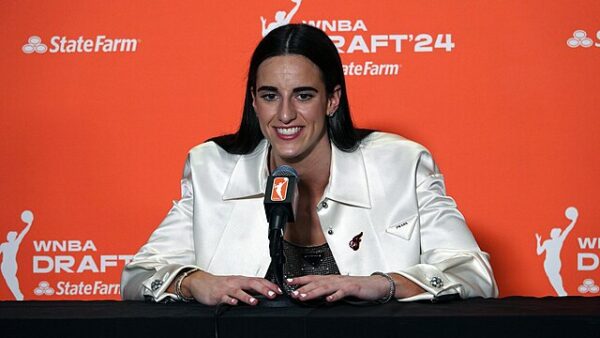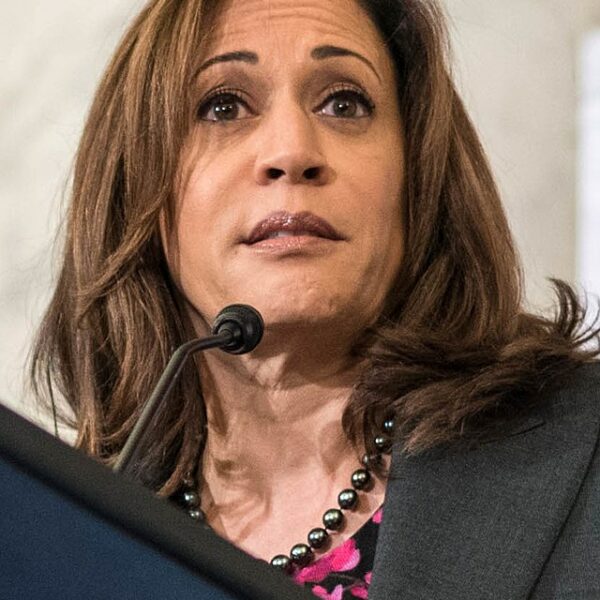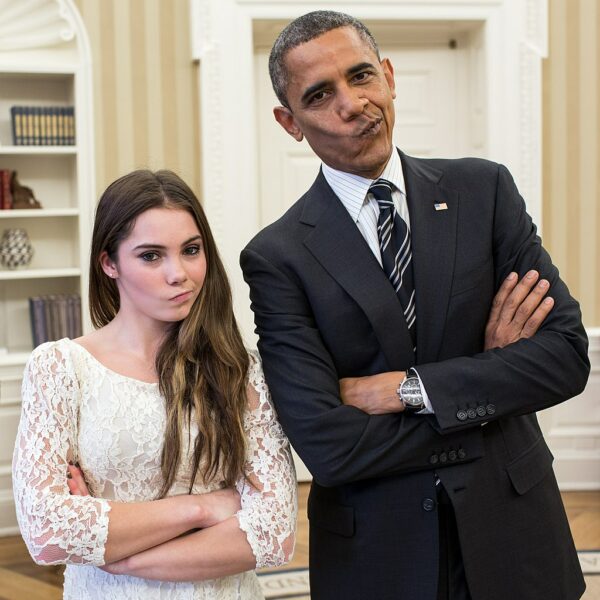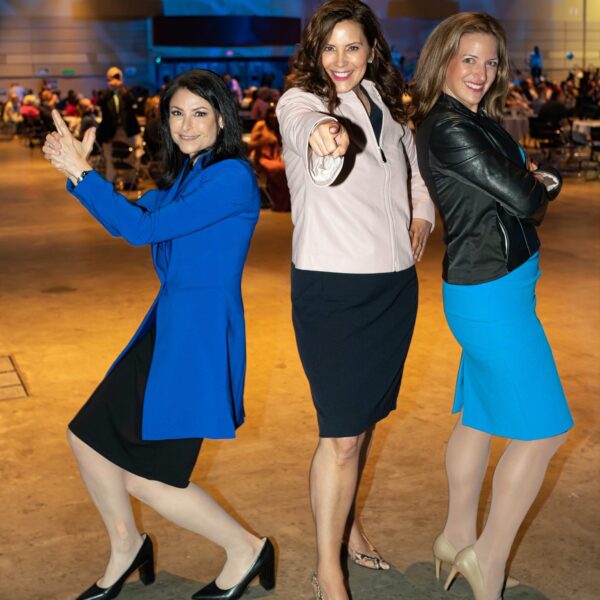
Caitlin Clark, a rising star in women’s basketball, has been honored as TIME’s Athlete of the Year for 2024 after an extraordinary rookie season with the Indiana Fever.
In praising the WNBA superstar, the magazine wrote:
Few jobs require less physical exertion than rebounding for Caitlin Clark. On an early-November morning in downtown Indianapolis, Clark, the two-time college national player of the year for the University of Iowa, reigning WNBA Rookie of the Year from the Indiana Fever, and emergent American sports icon, sprints to different spots along the three-point line at the Fever practice gym, trying to bang as many shots as possible over a six-minute span. A Fever coach has tasked me with standing under the basket to retrieve her misses. But as Clark runs all over the court to launch long-range bombs, I barely have to move. Swish, swish, swish. She hits 14 shots in a row. A dozen in a row. Eleven in a row. Swish, swish, swish. Nine in a row. Another nine.
Sure, she’s putting on this display in practice. But her ability is still mesmerizing. Clark, 22, takes shots with a degree of difficulty never before witnessed in the women’s game; her signature 30-ft. launches, from near half-court on team logos across America, are akin to home-run balls, hanging high in the air. Can she actually make that flabbergasting attempt? Yes! it turns out. Over and over again.
Nice to know that after wowing so many around the world throughout her record-breaking year, Clark can still impress herself. In February, she set the new NCAA Division 1 women’s basketball scoring record. A few weeks later, she broke Hall of Famer Pete Maravich’s mark, making her the top scorer overall. Her college championship game between Iowa and South Carolina averaged 18.9 million viewers, becoming the second most watched women’s sporting event, outside the Olympic Games, in the history of U.S. television, with American viewership outdrawing that of each game of the 2024 NBA Finals and World Series. And for the first time ever, more people tuned in for the women’s NCAA championship than the men’s. As a pro, she set a rookie record for most three-pointers made in a season, while also setting new all-time WNBA marks for most assists in a season and most assists in a single game. She signed a reported $28 million endorsement deal with Nike, the largest ever for a women’s basketball player. Clark’s Fever appeared in the most watched WNBA games ever on ABC, CBS, ESPN, and ESPN2. The WNBA attracted an all-time record of more than 54 million unique viewers across all its national broadcasting platforms during the regular season, and the league’s overall attendance jumped 48% year over year to its highest level in more than two decades. The Fever broke the WNBA record for home attendance by a single franchise, and Fever games were moved to NBA and NHL arenas in Las Vegas, Atlanta, and Washington, D.C., to accommodate the hordes of fans, many donning Clark’s No. 22 jersey. The Washington Mystics-Fever regular-season finale set a new WNBA single-game attendance record of 20,711.
When asked to define her year in one word, Clark chooses historic. Clark, it quickly becomes clear, is polite and down-to-earth but also has not an ounce of false humility. “I’ve been able to captivate so many people that have never watched women’s sports, let alone women’s basketball, and turn them into fans,” she says. Good luck naming another player who altered the trajectory of their entire team sport within five months on the job. Lionel Messi had a monumental influence on Major League Soccer when he arrived in Miami last year, but he was in year 20 of his pro career. Michael Jordan energized the NBA in the mid-1980s, but Larry Bird and Magic Johnson had already put the league on solid footing. While other female athletes have pushed the limits of human achievement and created their own cultures—Serena Williams, Simone Biles, and the stars of the U.S. women’s national soccer team all come to mind—the Clark phenomenon is still unprecedented. It’s one thing to rally around athletes during global spectacles like tennis majors or an Olympics or a World Cup. It’s quite another to turn routine regular-season games in the WNBA, a league neglected for far too long over its 27-year history, into appointment viewing.
The award isn’t what has drawn much of the attention, however. Despite dominating and growing the game, Caitlin Clark feels guilty.
In a candid interview following the announcement, Clark reflected on her career so far, saying, “I want to say I’ve earned every single thing, but as a white person, there is privilege,” she said. Clark also highlighted that the WNBA has “been built on Black players” and expressed her commitment to elevating Black women within the sport.
While many lauded Clark for her transparency, her comments ignited criticism in some circles. Conservative commentator and podcaster Megyn Kelly accused the 22-year-old athlete of being “fake” and “condescending” in her remarks.
“She’s practically apologizing for being white and receiving recognition,” Kelly posted on social media. “It’s the ‘oh please look at the Black players who are the real stars.’ Condescending. Disingenuous. Embarrassing.”
Look at this. She’s on the knee all but apologizing for being white and getting attention. The self-flagellation. The “oh pls pay attention to the black players who are REALY the ones you want to celebrate.” Condescending. Fake. Transparent. Sad. https://t.co/cTzk0CTLPn
— Megyn Kelly (@megynkelly) December 10, 2024
The controversy arises amid broader discussions about race in the WNBA. Earlier this year, Las Vegas Aces standout A’ja Wilson expressed frustration about the lack of recognition for Black women in the league.
“I think it’s a huge thing. I think a lot of people may say it’s not about Black and white, but to me, it is,” Las Vegas Aces star A’ja Wilson said when asked about the race element in Clark’s popularity and before she recently signed two major endorsement deals.
“It really is because you can be top notch at what you are as a Black woman, but yet maybe that’s something that people don’t want to see.
“They don’t see it as marketable, so it doesn’t matter how hard I work. It doesn’t matter what we all do as Black women, we’re still going to be swept underneath the rug. That’s why it boils my blood when people say it’s not about race because it is.”
Despite the backlash, Clark remains optimistic about fostering change. “Elevating Black women and their achievements is not just important for basketball—it’s important for our culture as a whole,” she told Time.
[Read More: Biden Gives Iran One Last Gift]











